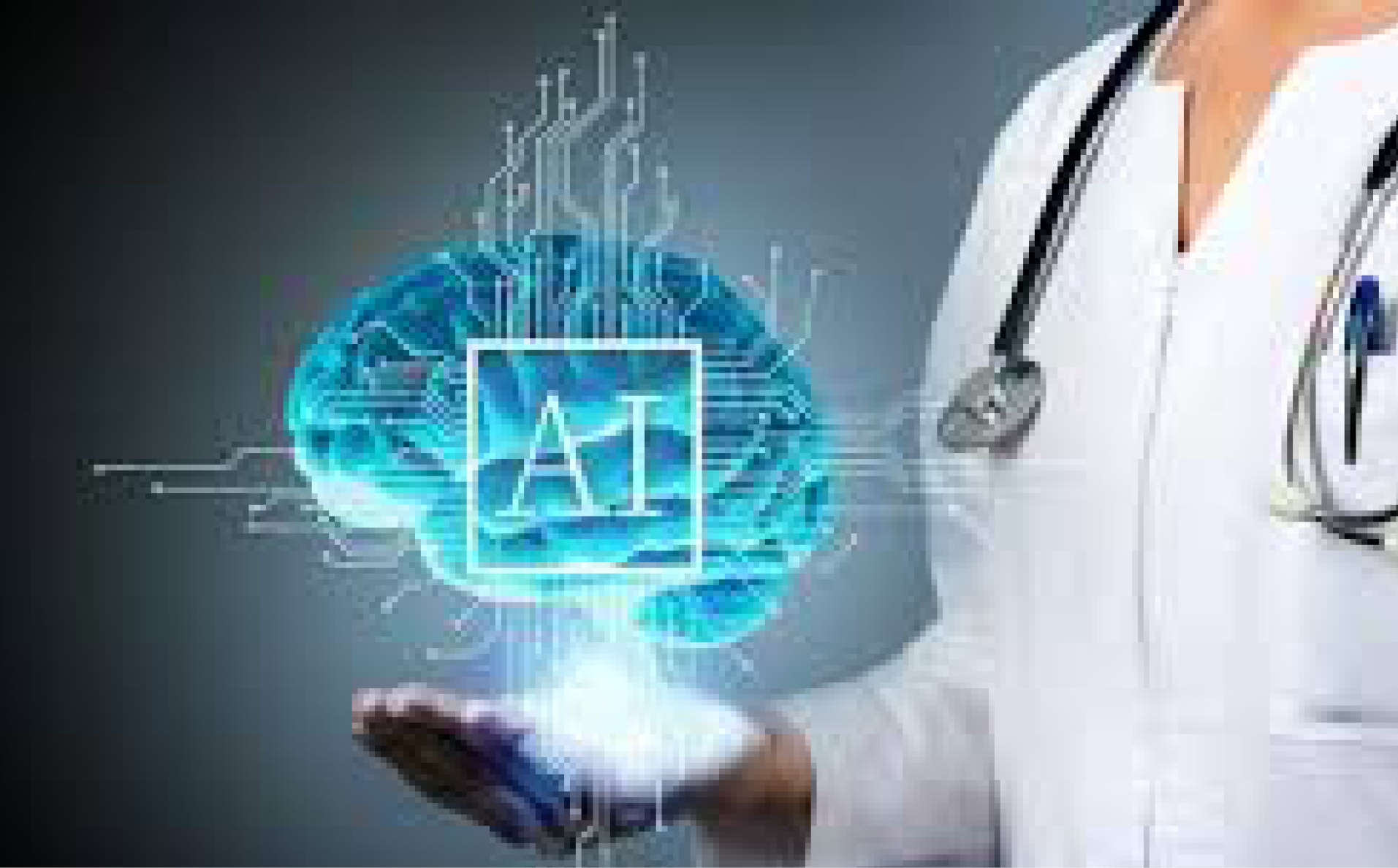
AI’s Evolving Role in Precision HealthcareAI’s Evolving Role in Precision Healthcare Artificial intelligence (AI) is transforming healthcare, enabling precision and personalization in medical treatment and research. Patient-Specific Diagnosis and Prediction: * AI algorithms analyze vast medical data to identify patterns and predict patient outcomes. * This enables early diagnosis of diseases, personalized treatment plans, and tailored preventive measures. * For example, AI models can predict the risk of cancer recurrence or cardiovascular complications based on genetic and lifestyle factors. Precision Drug Discovery and Development: * AI accelerates the drug discovery process by identifying potential targets and optimizing compound design. * In silico modeling and predictive analytics help predict drug efficacy and toxicity, reducing the need for costly animal testing. * AI also supports personalized dosing recommendations, ensuring optimal therapeutic benefits while minimizing adverse effects. Tailored Medical Devices and Assistive Technologies: * AI enables the development of highly customized medical devices, implants, and assistive technologies. * Patient-specific data is used to design devices that meet individual needs, such as customized prostheses or hearing aids. * AI-powered monitoring systems can remotely track patient health and provide timely interventions. Precision Surgery and Robotics: * AI assists surgeons with preoperative planning, surgical navigation, and intraoperative decision-making. * Robotic surgery systems use AI algorithms to enhance precision and minimize errors, enabling minimally invasive procedures and improved patient outcomes. * AI-driven microscopes and cameras provide real-time imaging, allowing surgeons to visualize complex structures and reduce complications. Personalized Disease Management: * AI supports personalized disease management by analyzing real-time patient data from wearable devices, sensors, and electronic health records. * Algorithms can identify trends, detect early warning signs, and recommend lifestyle interventions to prevent disease progression. * For instance, AI apps can track blood glucose levels and provide personalized recommendations for diabetic patients. Challenges and Future Directions: * Addressing data privacy and ensuring ethical use of AI is crucial. * Collaboration between healthcare providers, researchers, and AI developers is essential for responsible implementation. * Continued research and innovation will expand AI’s capabilities in precision healthcare, enabling even more personalized and effective treatment approaches. In conclusion, AI is revolutionizing precision healthcare by providing tailored diagnosis, treatment, and monitoring. As AI technology continues to evolve, its potential to improve patient outcomes, reduce costs, and empower individuals with their own health will only increase.
Posted inNews